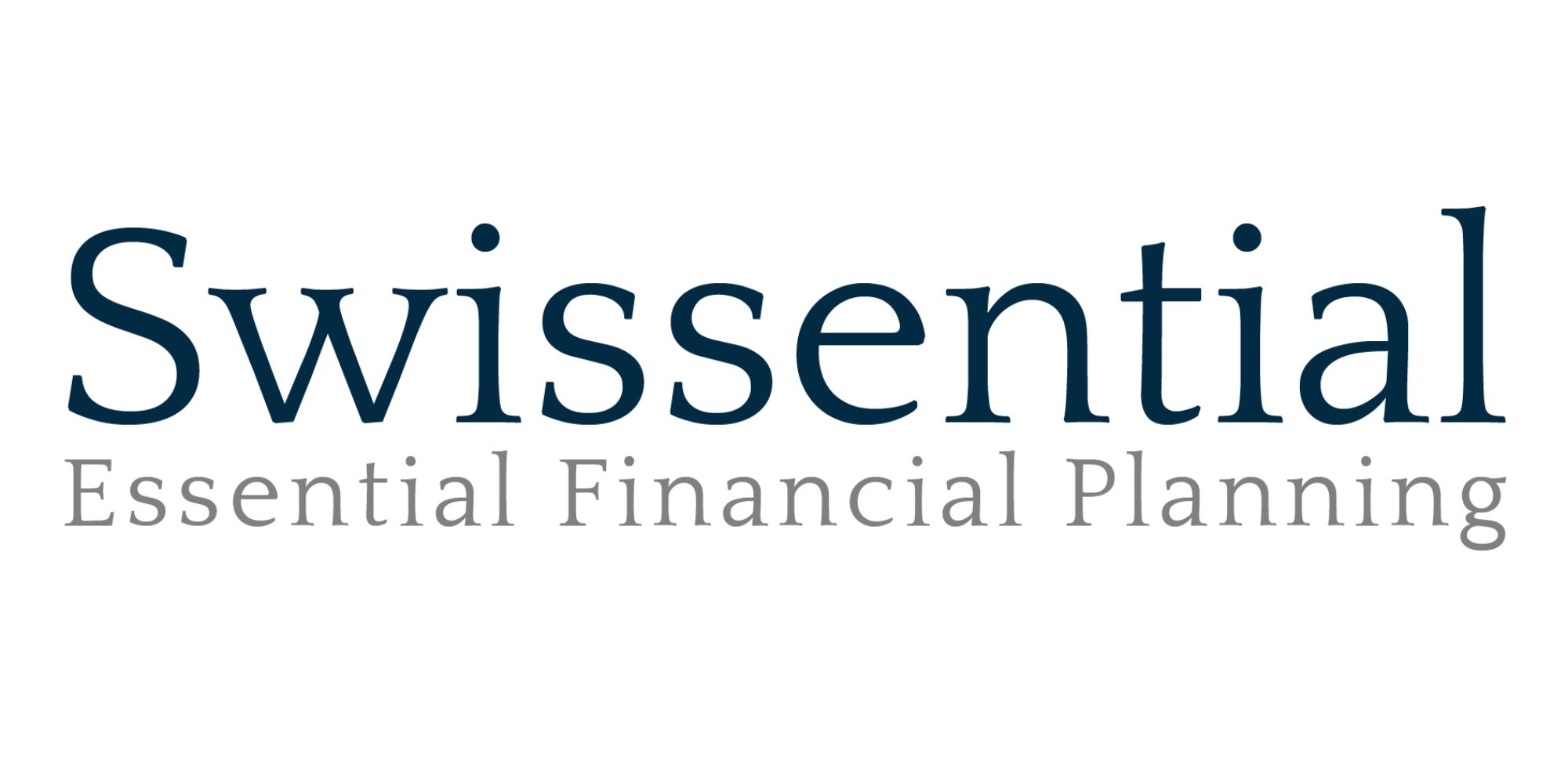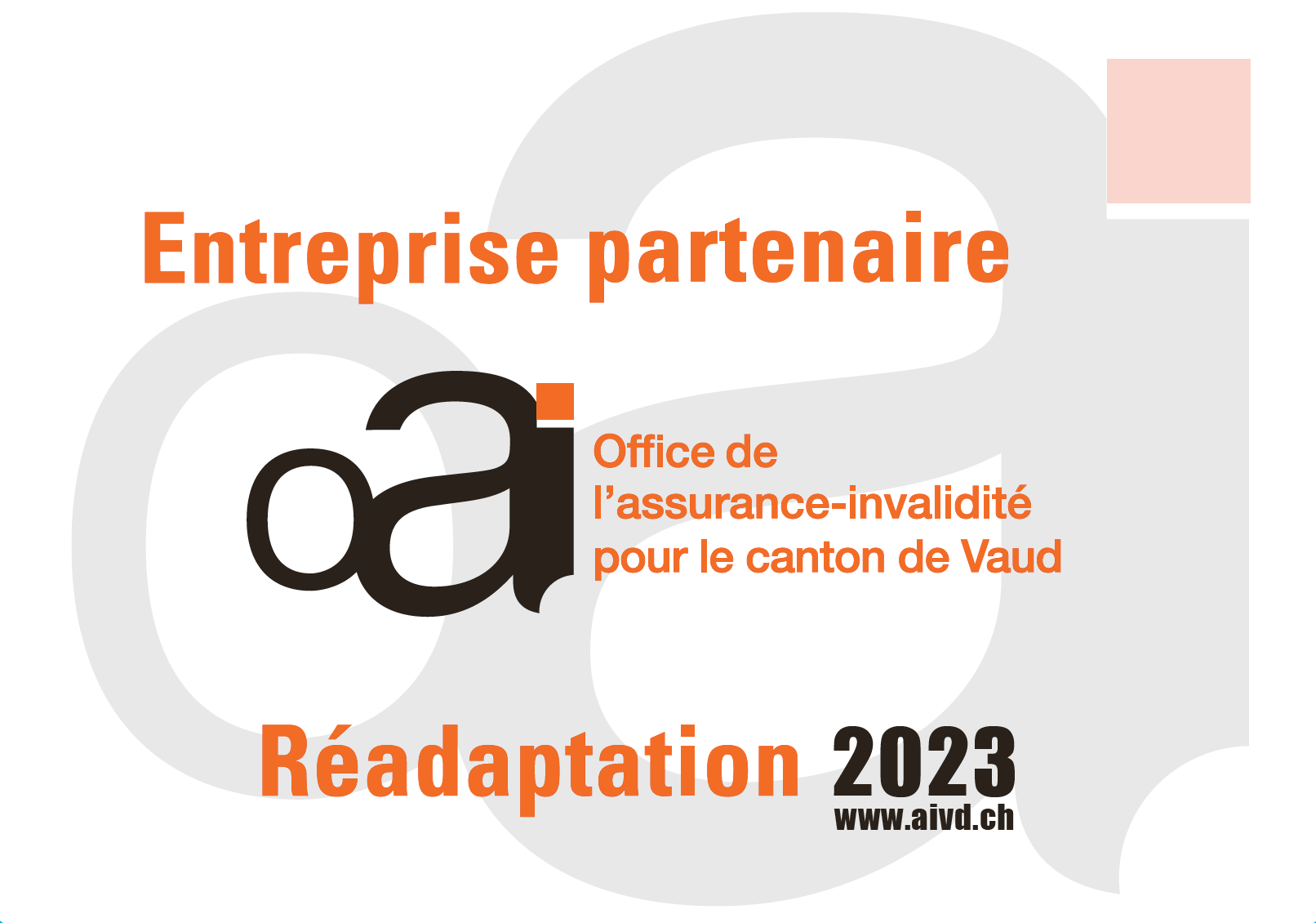Tax optimization in Switzerland involves strategies to legally minimize your tax liabilities, such as taking advantage of tax deductions, structuring investments to optimize tax efficiency, and maximizing contributions to tax-advantaged accounts. Effective tax planning can help individuals reduce their tax burden and increase their after-tax income.
When beginning the tax optimization process in Switzerland, our job as Financial Planners is simply to:
- Maximize contributions to tax-advantaged retirement accounts.
- Take advantage of available deductions and credits.
- Consider investing in tax-efficient investment vehicles.
- Optimize your wealth and estate planning strategies.
- Stay informed about changes in tax laws and regulations to adjust your financial decisions accordingly.
What is the difference between federal and cantonal taxes in Switzerland?
Federal taxes in Switzerland are determined by the federal government and apply to the whole country. Cantonal taxes, on the other hand, are set by individual cantons and apply only within their borders. The tax rates and laws can vary between cantons, making it important to choose the right one for tax optimization.
How can I qualify for lump-sum taxation and what are the benefits?
To qualify for lump-sum taxation in Switzerland, you must meet certain criteria such as not being a Swiss citizen or a Swiss resident in the past ten years. With lump-sum taxation, you pay a fixed tax based on your living expenses rather than your actual income, which can result in significant tax savings.
What are the tax implications of owning a property in Switzerland?
If you own a property in Switzerland, you will be subject to Swiss property taxes, which vary between cantons. You may also be subject to Swiss income tax if you rent out the property.






